The new economic model of the world will have a premium put on economic security, and to this not only to big economies should contribute, but the small economies from the NATO member states, NATO Deputy Secretary General Mircea Geoana stated within the Global Conference of the Milken Institute, which took place in Los Angeles (the US), his communication office informed on Thursday.
"We also need the smaller [economies] ones, the ones that don't have the Silicon Valley or the Boston cluster on bio-tech, or even the German massive economy, or the French or British or Canadian, big industry," Mircea Geoana added.
The NATO Deputy Secretary General explained "how every single piece of innovation and technology has dual use. Civilian and security. Not defence. So, there absolutely no technology now in the making, deployable, deployed or to be deployed in America, in Europe or everywhere else, that doesn't have this two faces of the same coin. (...) This inflexion point for the world and for Europe, and for NATO is going to change profoundly not only the geo-politics of the world, but also the geo-economics of the world. (...) There will be a premium put on economic security. This will affect the bottom lines, this will make venture capitalist more attractive, this will make governments to become more agile. This will be a need for us in Europe, in NATO and in democracies to nurture the innovation ecosystem which is government, private sector, academia and civil society," Mircea Geoana said.
He underscored that NATO created with this purpose the Defence Innovation Accelerator for the North Atlantic (DIANA), through which we have "the best nuggets of innovation that these countries have at their disposal."
Last but not least, the NATO Deputy Secretary General talked about financing innovation and security related technologies, about "some form of reservation that some financial industries, pension funds and others have had until now to invest in defence and security related technologies."
"I think we should find (...) a new mechanism to say that we need this kind of money if we want to outcompete the fusion between state and government that China or others are proposing, we just cannot afford. (...) In the 70s, 90 percent of all innovations for defence were done in governments, by governments, with governments' labs and money. Today, 90 percent of the same thing is done by the private sector. (...) If we want to find a way to outcompete the guys who are really big and complex, we have to find a better way for government, private sector and civil society to work together and find a way forward, to have the resource, the talent and the money to invest into all this things," Geoana concluded.
NATO Deputy Secretary General Mircea Geoana is paying an official visit to the US between 3 and 14 May. On this occasion, Geoana will hold meetings with senior government officials and members of the Senate and the House of Representatives in Washington DC, researchers at Stanford University and Virginia Tech, with members of Google leadership, with tech entrepreneurs in Silicon Valley, as well as with representatives of the Romanian communities from several cities in the US

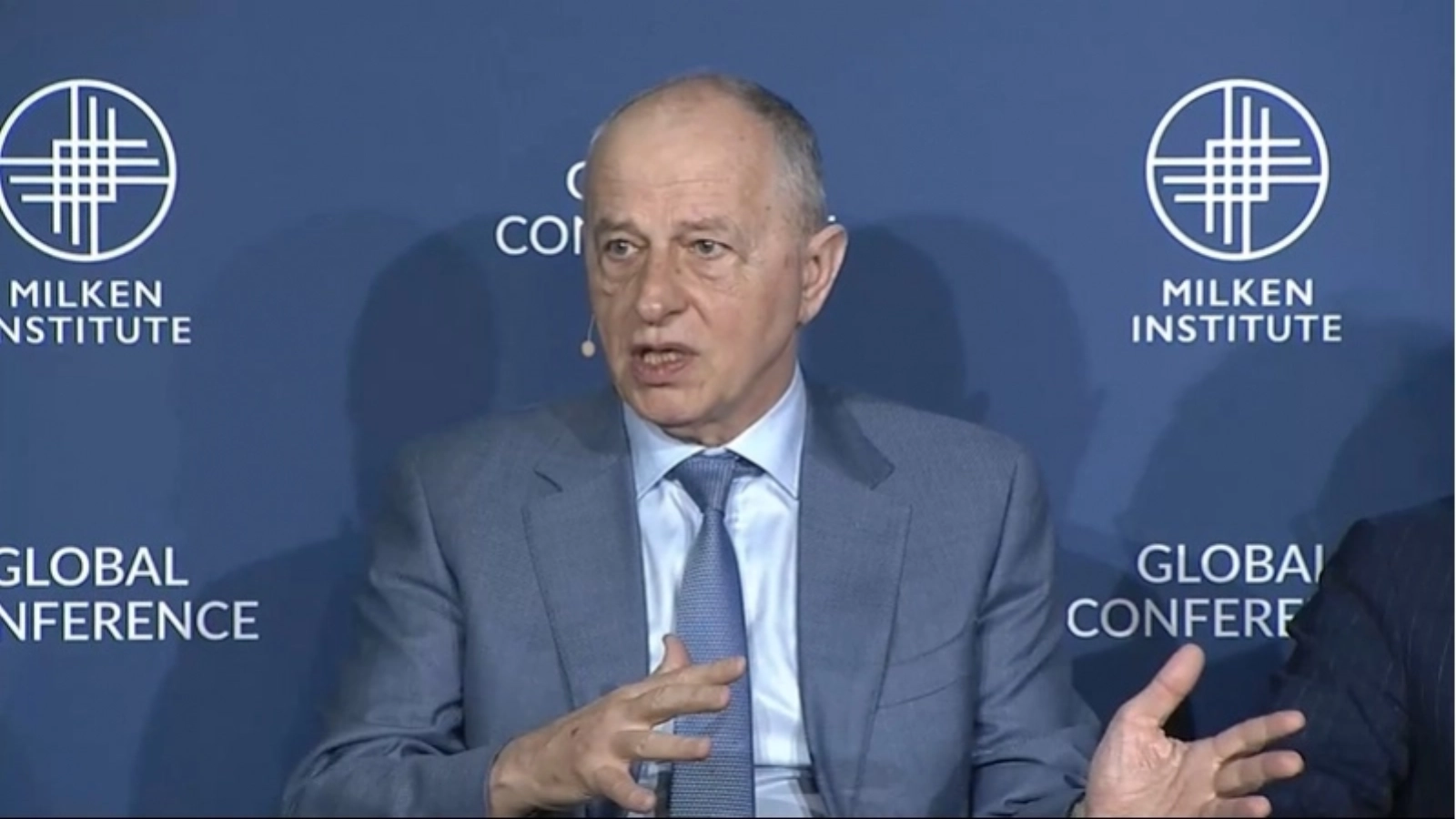
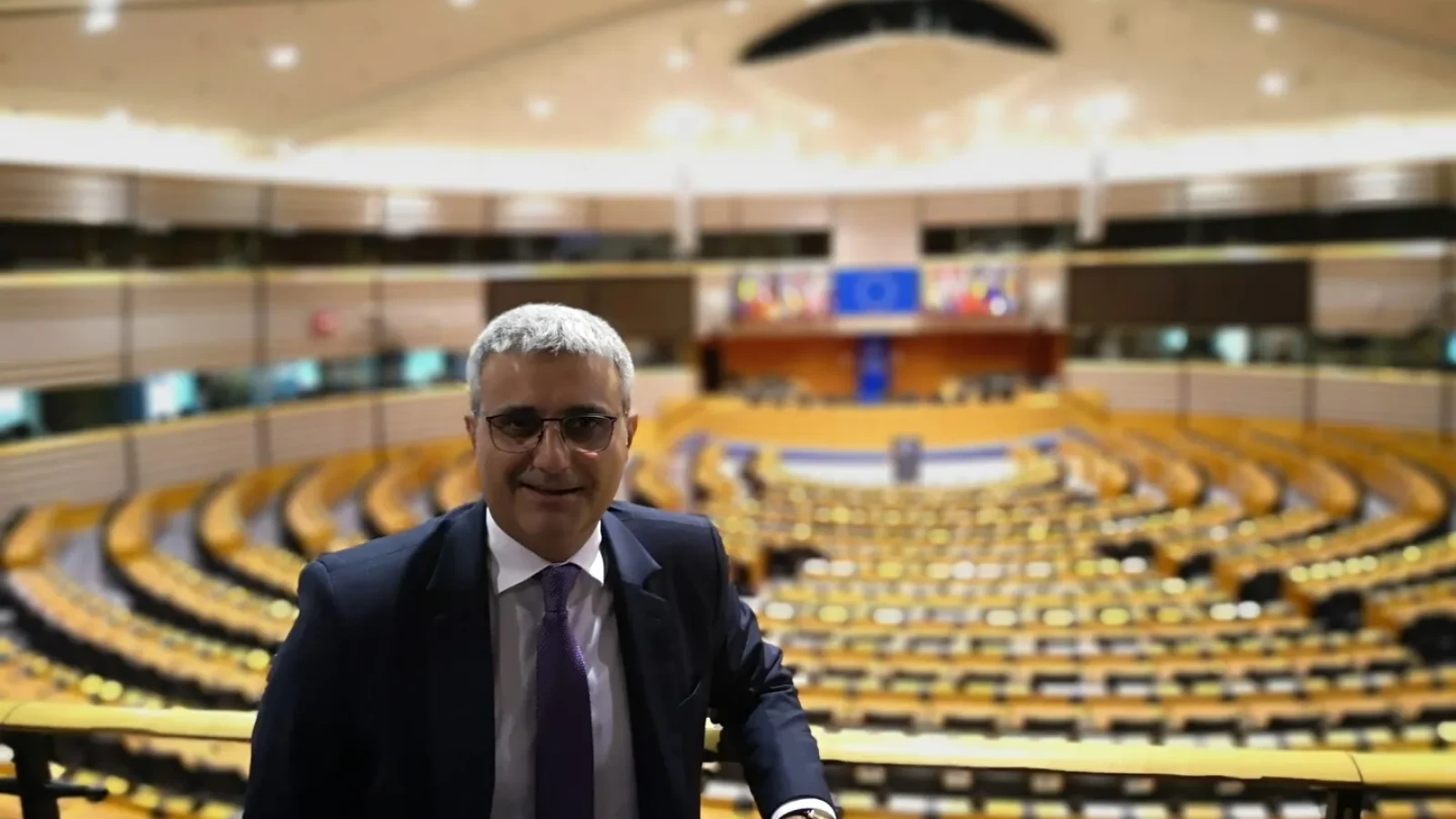
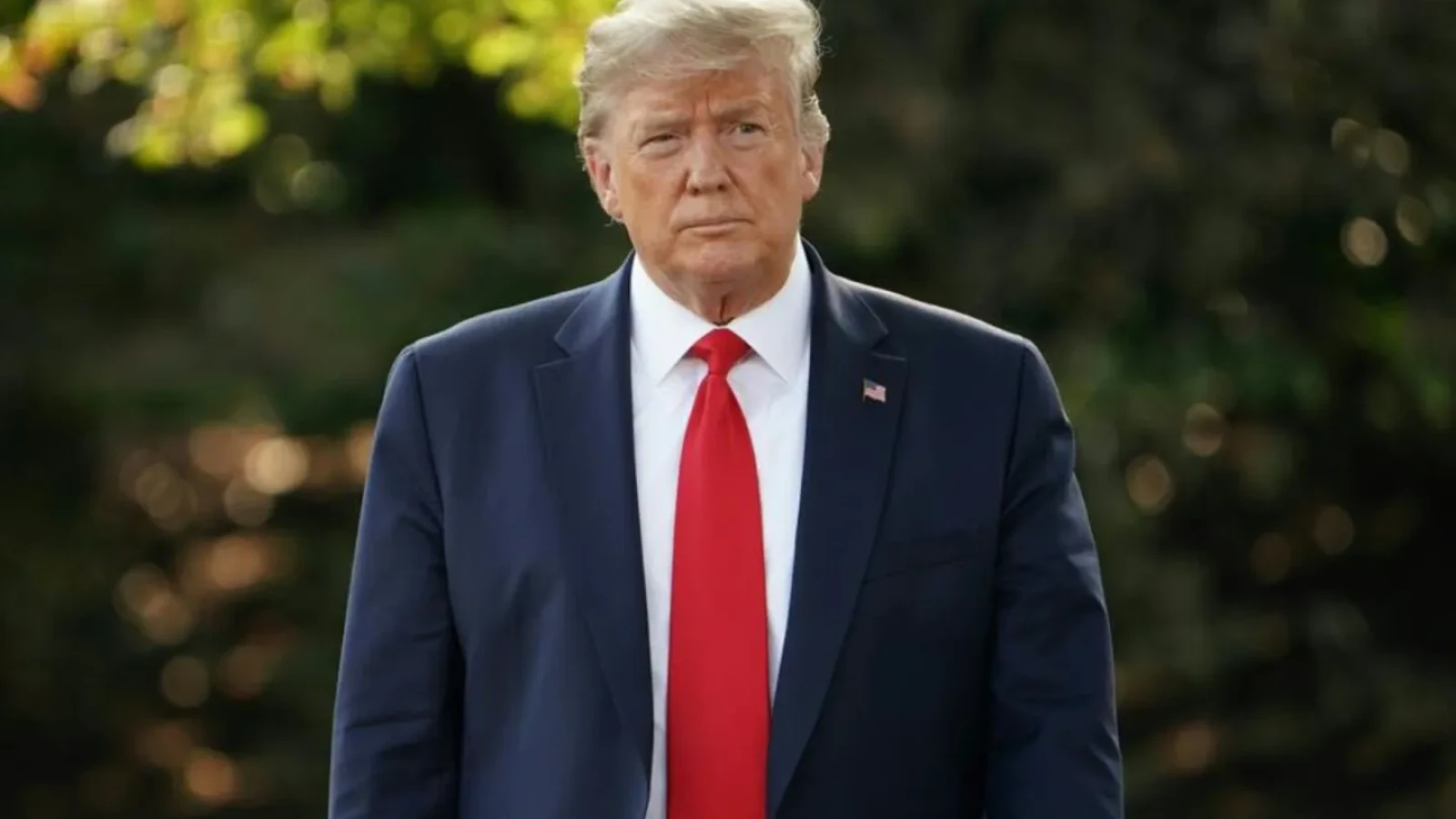

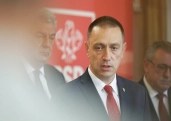














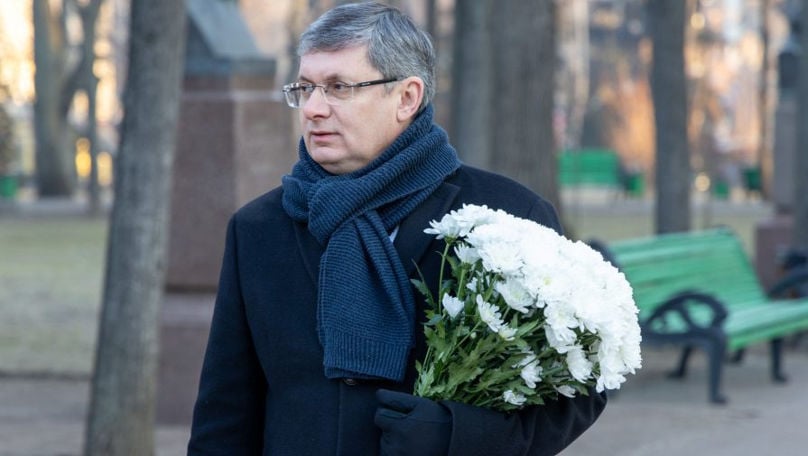

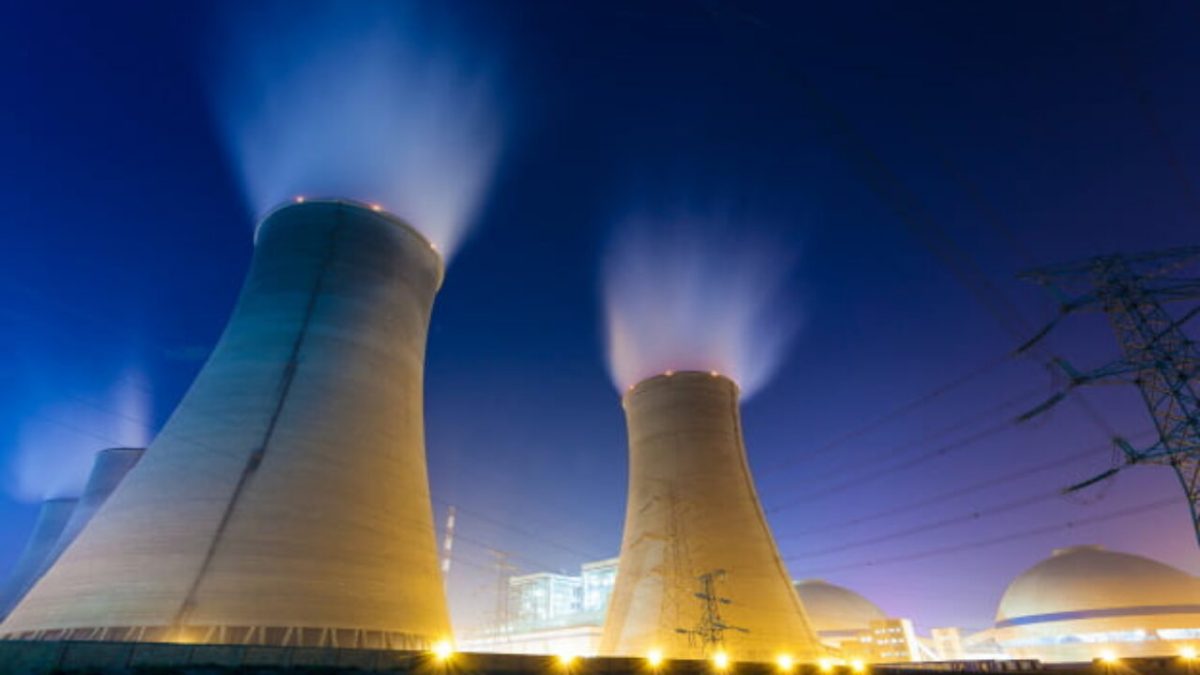
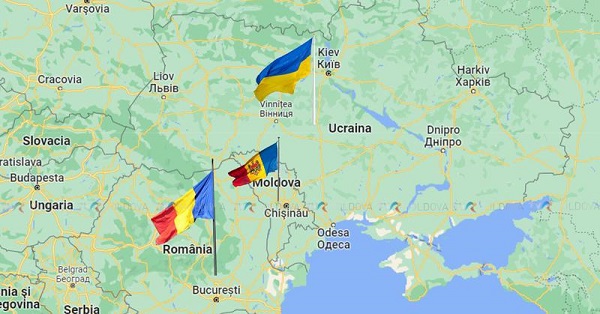








Comentează